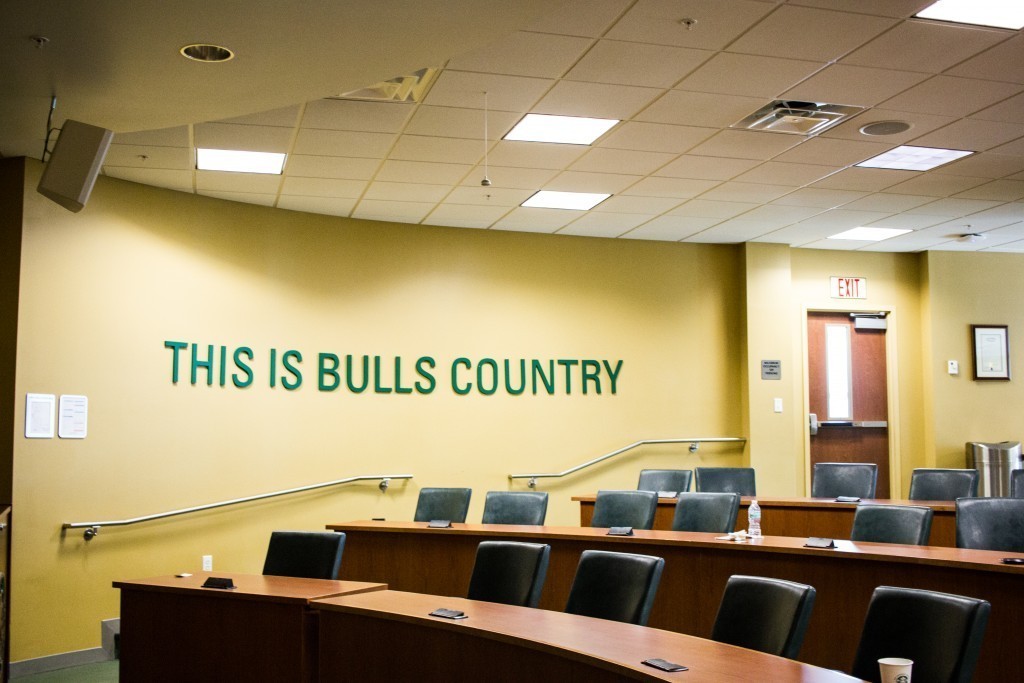SG presidential inauguration delays interrupt transition of power

Despite the election ending almost two months ago and all the winning gubernatorial tickets being sworn into office already, Student Government (SG) is experiencing delays in the transition of presidential power for its third consolidated term.
Students had four days to cast their vote during the 2022 SG general election, which included the presidential tickets, according to the SG website. Within that time frame, the student body convincingly elected President-elect Nithin Palyam and Vice President-elect Amy Pham. The winning ticket received 1,487 votes compared to Tony Tran and Rughved Brahman’s 838.
In an attempt to refute the election results, Brahman filed a major grievance claiming the victory was aided by a campaign infraction. The alleged violation occurred Feb. 23 and was reported on March 7, three days after the final day to vote.
As a result, the presidential inauguration, which was initially scheduled for April 22, was indefinitely delayed until the opinion of the Supreme Court had been released.
Unsatisfied with the Court’s unanimous opposition to the grievance, Tran and Brahman are working on completing the paperwork to appeal to Dean of Students Danielle McDonald, according to SG Advising Director Gary Manka.
If submitted within the next two days, the process has the potential to once again delay Palyam’s and Pham’s swearing-in, even if the appeal rules in their favor.
Rather than spending time learning from current Student Body President Julia Cunningham, Palyam said he has been having to take a backseat and battle allegations he feels have no grounds. A more problematic consequence of this hold is his inability to hire his cabinet and have them also prepare for their positions, according to Palyam.
The drawn-out confusion this process has had on the election process is provoking discourse among SG advisers about changing the election rules for next year, according to Manka. As of now, the grievance submission process is categorized as a negative submission and Manka believes switching it to solely an ethical submission would streamline the review process.
Assuming the change is made, Manka said students would be ethically obligated to report the incident as soon as they learned about it. With the current categorization of grievances, students are able to vault grievances for future submissions.
No matter how long the process is extended, Palyam believes the evidence will continue to show his ticket ran a clean campaign and will serve the student body adequately.
“Even though this has delayed our ability to begin the transition process and hire our cabinet, I’m confident that we will be able to start the third term on the right foot,” he said.







